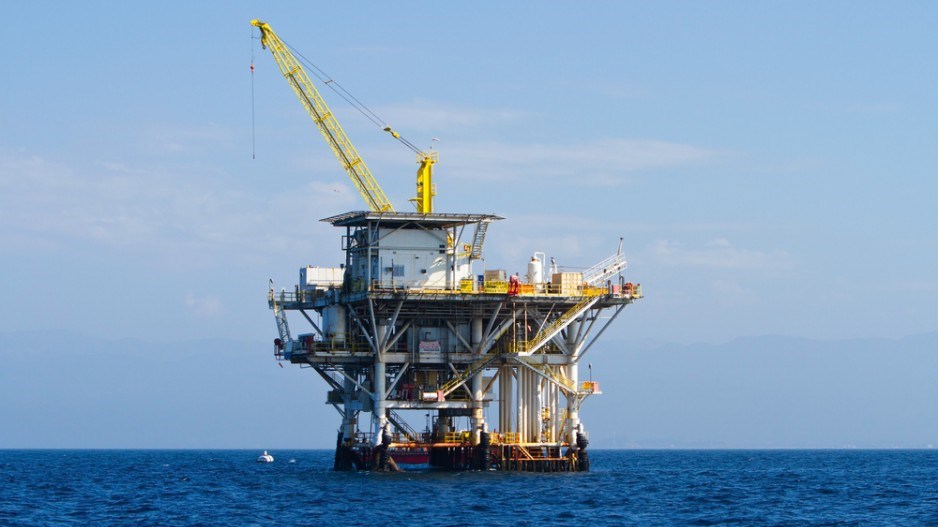B.C. is missing out on billions of dollars of economic benefits due to a moratorium on offshore oil exploration off the coast, according to a Fraser Institute study released this morning.
The think tank said its study used "conservative estimates" of the size of a single offshore development in the Queen Charlotte Basin and an oil price of $90 per barrel, while including "environmental costs" and excluding indirect benefits.
The Fraser Institute concluded that such a development could create net benefits to B.C. in excess of $9.6 billion.
Joel Wood, a Fraser Institute senior research economist, argued that B.C. shouldn't rule out offshore exploration because of environmental risks.
"The vast array of existing data clearly indicates that environmental risks of offshore oil exploration in B.C. can be safely managed and that British Columbians would benefit enormously from this new industry," he said.
According to the Fraser Institute, the federal government imposed a moratorium on B.C. offshore oil and gas exploration in 1972. The think tank argues that, since that time, jurisdictions such as Norway, the U.K. and Newfoundland and Labrador have developed offshore oil resources "and enjoyed tremendous economic benefits through increased energy-related investment, massive positive economic impact on the economy, and significant government revenue, all without causing significant environmental damage."
Wood argued that B.C. should be chasing similar benefits.
"Regardless of where offshore drilling takes place, there are always some environmental risks," he said. "But the experience of Newfoundland and Labrador shows those risks can be contained."




